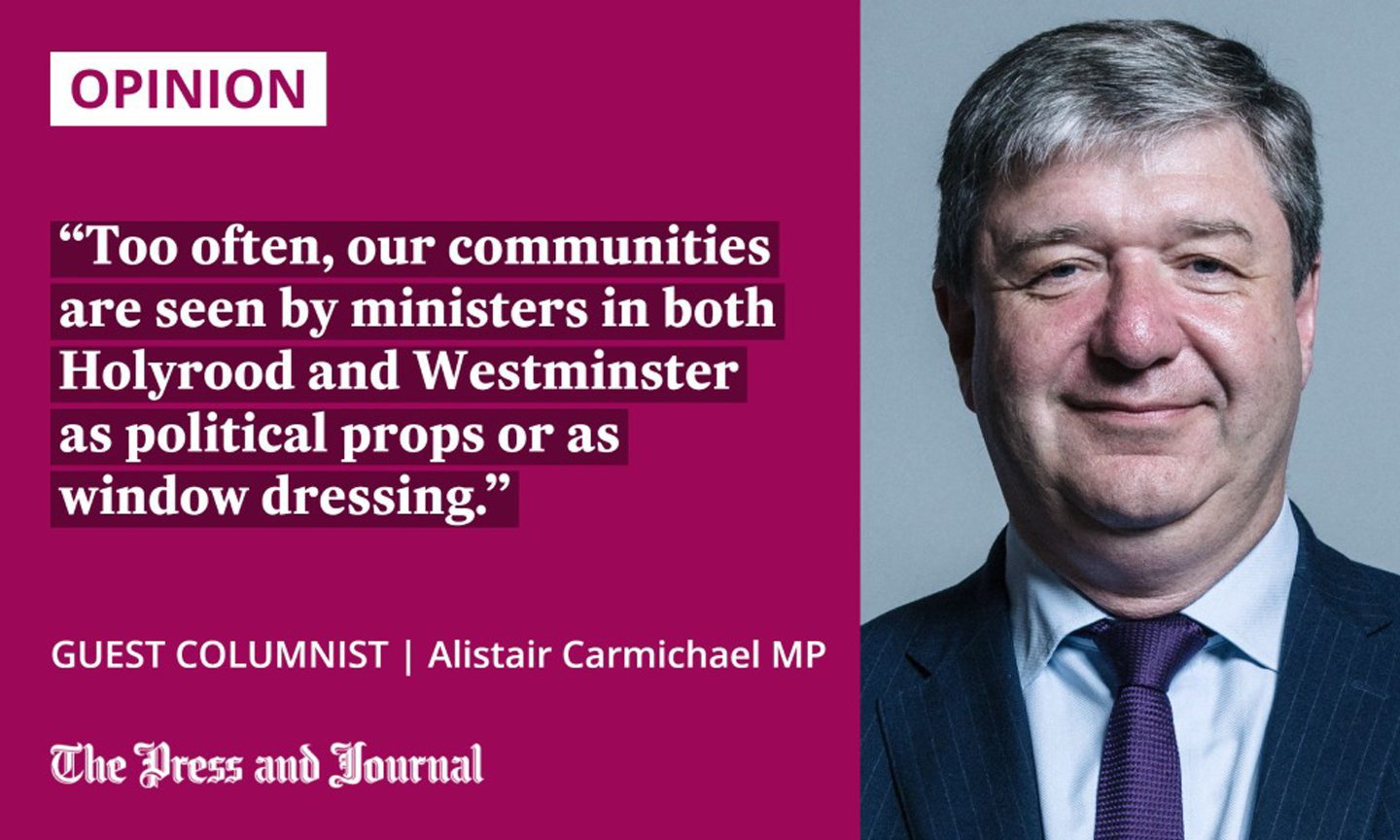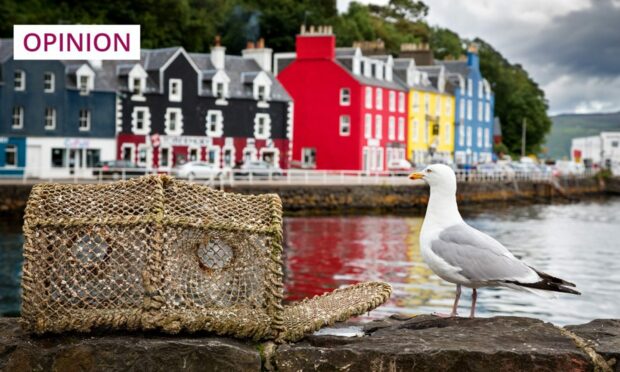What a difference a few years makes. It was not so long ago that every politician wanted their photograph taken on a fishing vessel or on the quayside with a crab in hand.
Now, between the SNP-Green coalition in Holyrood and the Conservatives in Westminster, the attitude towards the fishing industry falls somewhere between disinterest and open contempt. Fishing has gone from the poster boy to the whipping boy of politics.
The common theme to that metaphor, of course, is that coastal and island communities are being treated like children by our governments. Whether it is Bute House or Downing Street, the assumption always seems to be that people in the fishing industry have nothing worthwhile to say about its future.
It is past time for the debate to grow up – and for our communities to lead the discussion rather than be lectured.
That is why I was glad to secure a lengthy debate this week in parliament on the state of play for our fishing industry, and the opportunities and challenges we face.

There is no shortage of ground to cover. Anyone will tell you that the day-to-day challenges faced by fishermen are plenty enough on their own. Then you add to that mix concerns over spatial squeeze in our waters – Highly Protected Marine Areas (HPMAs) may be on hold for the moment, but there are plenty of other pressures on fishing grounds – to say nothing of access and training for fishing workers, trade challenges, issues around safety at sea, and future negotiations over quota and access with the EU.
Any one of these issues would be difficult enough to work through on top of our current economic problems. Together, they risk creating a perfect storm.
Recent statements from ministers have not given much confidence. Viewed from the top, the problem is always seen to be about messaging, as though fishermen would fall in love with plans for HPMAs, medical bans and the like, if only they understood them better. Somehow, it never occurs that the issue might be the policies themselves – or, indeed, the way that policy is made.
People working in the fishing industry are the experts – ask them
It is a pattern that is wearily familiar for anyone who has lived in the Highlands and islands in recent years – just another example of the political thinking that has seen our ferry networks worn down and our economic autonomy hollowed out.
Too often, our communities are seen by ministers in both Holyrood and Westminster as political props or as window dressing, instead of living, breathing human beings with unique voices and needs.
For the Conservatives who led the drive toward Brexit, we were a cudgel to beat against the EU, always to be tossed aside once we were no longer useful. For the SNP and Greens, coastal communities are an essential part of Brand Scotland, as long as we keep shtum and let the big folk in the Central Belt do the talking on the issues that matter to our future.
It all comes back to the lazy assumption that the only ideas worth listening to come from the centre of power. Heaven forfend that a fisherman who has worked the seas for decades might know something about the needs of his own livelihood, let alone the wider industry. In every corner of government, north and south of the Tweed, there has to be a cultural shift in how we treat coastal communities.
Whether it is fisheries or ferries – or any other issue essential to the Highlands and islands – the starting point has to be the same: an understanding that local know-how and local buy-in for action is the only way for us to succeed. That means a strong local voice for our communities in the halls of power, and genuine respect from those in government.
We know from experience that we are going to have to fight for that respect. The battle against top-down HPMAs has proven that. If we want our communities to survive and thrive in the decades to come then, for fishing, ferries and all else, it is a fight worth having.
Alistair Carmichael is Liberal Democrat MP for Orkney and Shetland

